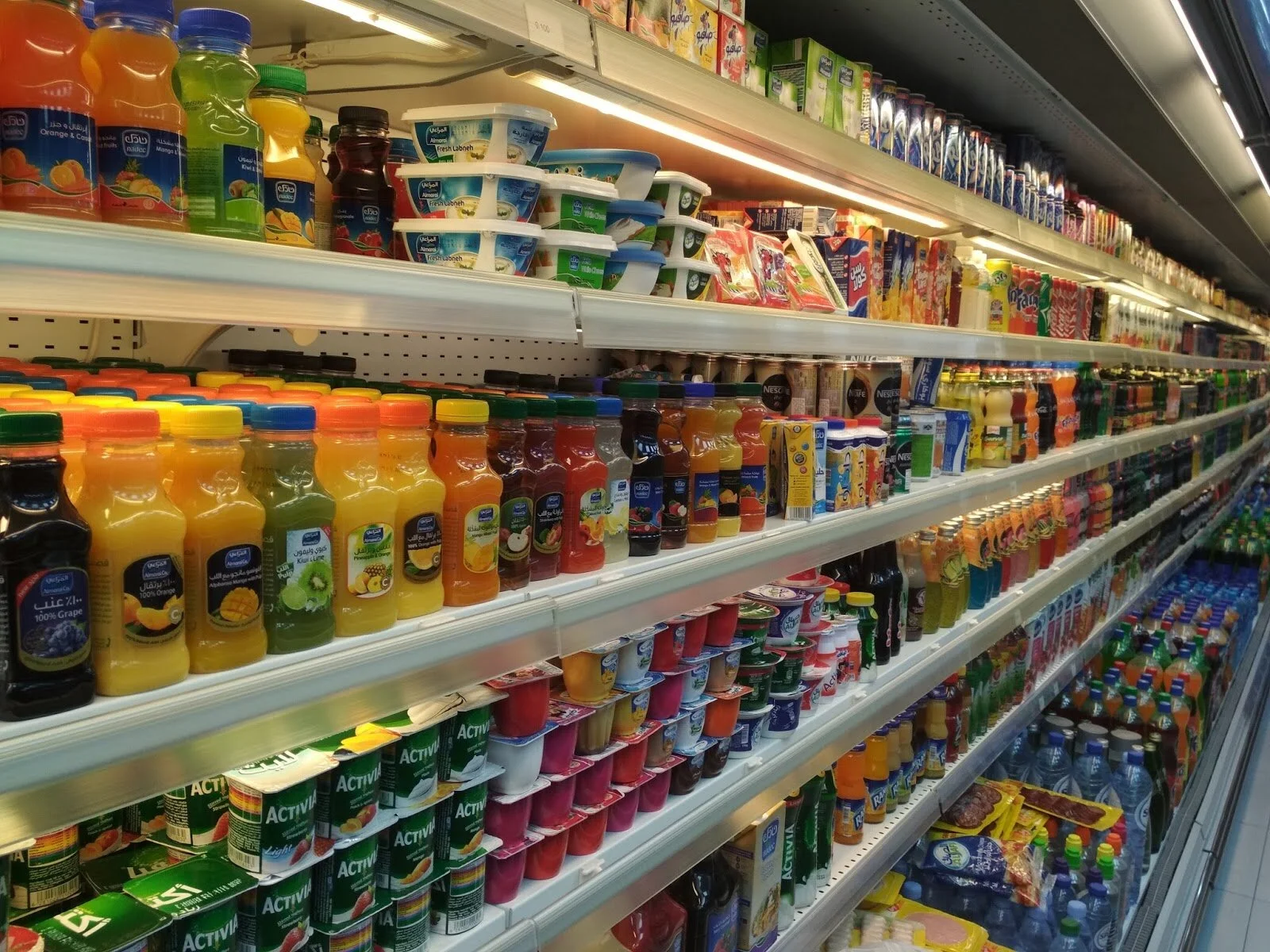The travel & tourism segment has become one of the key contributors to the global economy in recent years. Before Covid-19, travel & tourism accounted for 10.3% of the global GDP and was worth over USD 9 trillion (World Travel and Tourism Council, 2019). One out of four newly created jobs stemmed from this segment in 2019. (World Travel and Tourism Council, 2019).
Consequently, Bahrain aims to become a major tourism hub in the region. The Kingdom seeks to implement strategies and policies to boost its tourism segment, provide a competitive edge, and stimulate the local economy. This will create more jobs and diversify economic activity even further away from hydrocarbon-based activities.
In this article, we will assess the current scenario of Bahrain's tourism segment and discuss potential challenges that may impact the prospects of local tourism in the future. This article will be divided into the following sections: An overview of Bahrain's tourism segment, An analysis of the current tourist portfolio, and a discussion plus policy recommendations.














